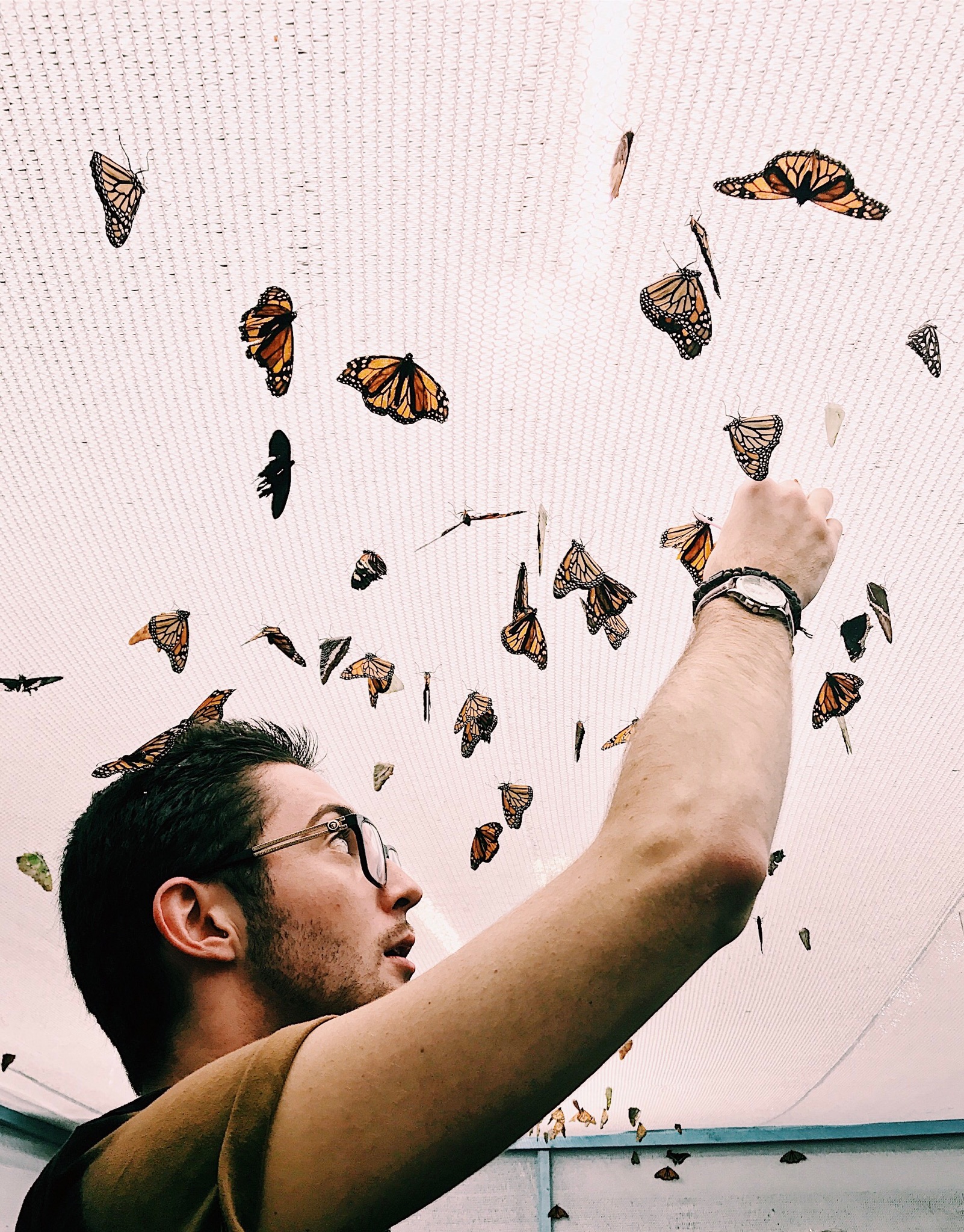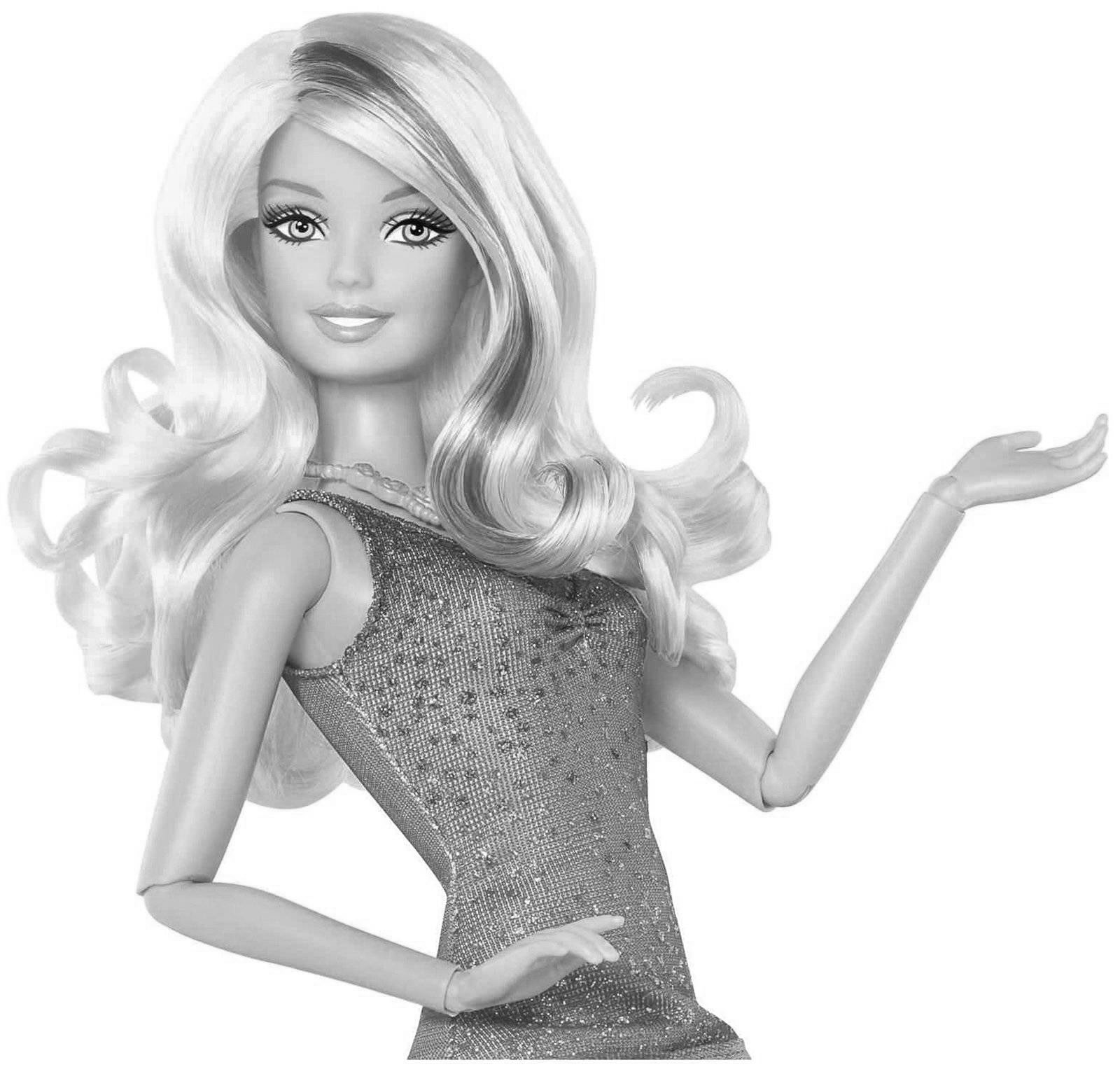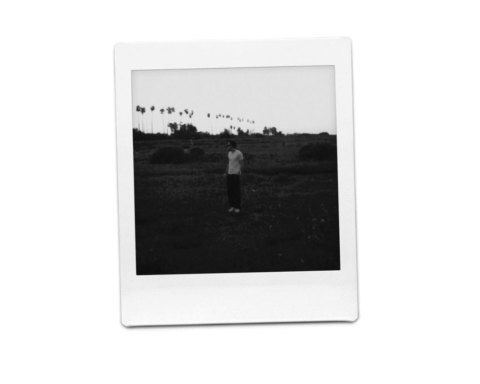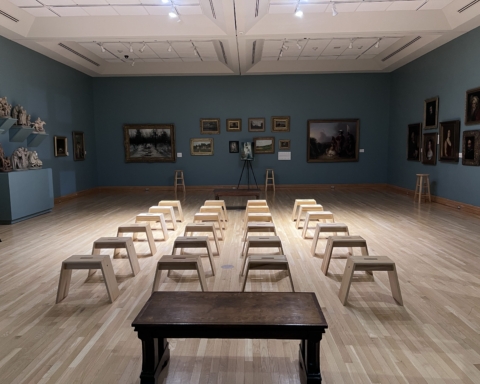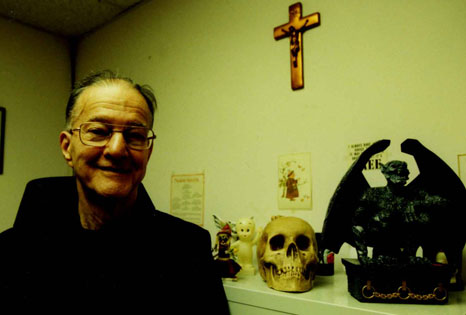By Mark Ventrice and Kaden Kreitzburg
Contributing Writers
I’m an asexual person. According to What is Asexuality, an online resource for the asexual spectrum, asexuality is (“ace”, for short) simply someone who does not experience sexual attraction. Aces can be any sex, gender, age, ethnic background or body type; they can be rich or poor, wear any clothing style and can be any religion or political affiliation.” It’s a simple definition, and it’s easy to explain. I do not experience sexual attraction.
Of course, there is a huge misconception about what sexual attraction is, when people experience it and how it may be different from romantic attraction. For the most part, sexual and romantic attractions align. For example, a straight person normally wants to have romantic as well as sexual relations with someone of the opposite sex.
You don’t often hear someone say, “I’m dating my boyfriend, but we never have sex” or the other way around. In fact, it’s more common to hear people spread around that it’s unhealthy to have a sexless relationship, that something is actually wrong with you for not wanting sex. In reality, none of this is true. It’s perfectly fine and healthy to not want to have a romantic or sexual relationship. It’s perfectly fine to want to date, but not have sex. It’s perfectly fine to want to have sex, but not date.
I remember when I was a kid, my favorite show at the time was Drake and Josh. They were relatable, sure, but they also were very influential. When it comes to characters in shows that are for the most part viewed by a younger audience, you will often find characters who perpetrate stereotypes. In particular, the stereotype of dating. As a sixth grader, my perception of sexuality was still being shaped, and a big part of how I perceived dating was formed through watching shows like Drake and Josh.
If I saw a guy like Drake flirting around with women, and them receiving the attention in a positive way, then I thought that it was okay to do that. If I saw someone like Josh, a nerd and social outcast by society’s standards, get a girlfriend, then I believed that was just what happened. If a man exists, he receives female attention, no matter what he looks like, and typically the attention of beautiful women. But it also goes both ways. If a man exists, he should want the attention of women, and if he rejects romantic or sexual advances, then there must be something wrong with him.
It wasn’t long before these ideals began to be incorporated in my regular life. My parents, my siblings and my friends all started talking about dating. They wanted boyfriends or girlfriends, they had crushes on celebrities, and they gossiped about what people were doing in their personal lives. My friends would prod me with question after question: “Do you think she’s cute? Do you like any girls? C’mon, you must like someone!” I began to think, “Yeah, I must like someone, right?”
It was one of these times that I decided to try liking someone. My friends were pressuring me, I wanted them to stop, so I simply blurted out a name. A girl that I was friends with, someone who could like me in a perfect world. But it didn’t end there, because now I had to actively like this girl. When people asked me who I liked, I made sure I had the same response. It got enough of them to stop, but some went on about it, wanting to know why I didn’t ask her out, or when we were going to date. I did things that cool guys did in TV shows. I gave her attention, I existed in her space and the only thing I got for that was being told I was creepy.
In high school, I simply moved on. I started learning more about sexuality and attraction. There were three that you could be: heterosexual, homosexual or bisexual. I explored each of these sexualities briefly and found that I had to be bisexual. It was a simple explanation; I felt the same attraction to both genders: none. Despite these feelings, I was still compelled to try and date again, and that’s how I ended up dating my first girlfriend It seemed obvious enough: I was a guy and she was a girl who liked me. We dated, but it wasn’t really what you would think, since we didn’t do much different from our regular friendship besides hand holding. It was awkward, to say the least, and at the end of it, I was afraid that I would lose a friend.
If you are attracted to them, in any way, you must want to become intimate. But, as I learned in my journey with my sexuality, I found that there are many different kinds of love, and there are many different ways to be attracted to someone. Romantic love is not the same as platonic love, it doesn’t even fall into the same category. One is not “greater” than the other; they are both important in their own ways.
In coming to college, I met a couple of wonderful people who helped me realize this. I learned about asexuality and what it means to love someone without having to worry about romantic or sexual feelings. I could finally stop pretending. I learned that asexuality is a spectrum, with people ranging from completely ace, to greyace, to demisexual. I learned that not everyone has known that they’re ace their whole life, or could pinpoint the exact moment where they knew. Sexuality is weird and fluid. Everyone’s experiences are different and it’s okay to think that you’re something else, especially when the right thing is not known to you. Figuring out stuff about yourself is a journey, and sometimes it can be scary, but it’s completely normal. It’s okay to be different. It’s okay to be Asexual.
ventrim14@bonaventure.edu



